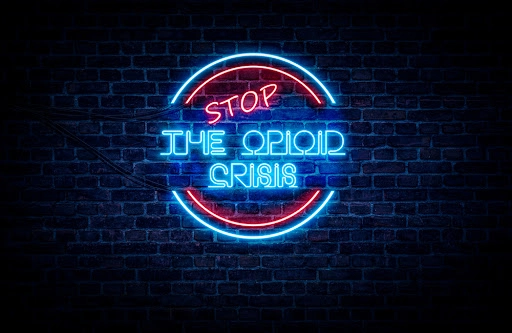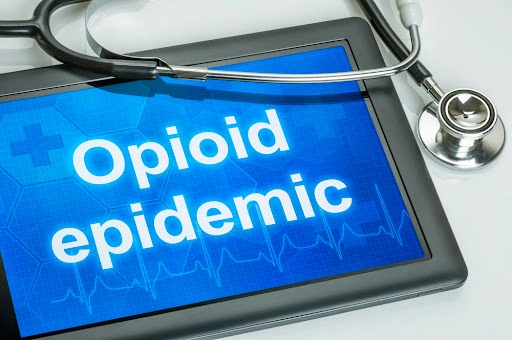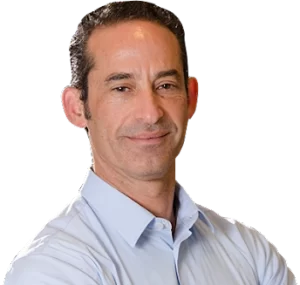According to a study, when states passed medical marijuana laws, there was a 20% drop in some prescriptions for opioids. The study, which was published in JAMA Internal Medicine, looked at data from Medicaid programs in all 50 states from 2011 to 2016. Researchers found that the implementation of medical marijuana laws was associated with a decrease in the number of prescriptions for opioids used to treat pain. This is an incredible statistic as we continue to see how much pain Americans are experiencing from this epidemic and as the need for alternative methods of treatment.
Too many people are dying from these addictive drugs which have been prescribed to treat pain or manage chronic illnesses like cancer or chronic pain from various symptoms from chronic medical conditions. The problem is people become dependent on them and that leads to addiction. This could be why we’re seeing such an increase recently in MMJ cards approved for people with chronic conditions that a physician might otherwise prescribe opioids for which comes with significant risks.
Medical marijuana has been shown to be effective in treating a variety of conditions, including chronic pain. This new study provides further evidence that marijuana can be an effective alternative to opioids for treating pain. If you have a chronic medical condition and are considering using medical marijuana to treat your pain, talk to a marijuana doctor to see if it is right for you.

The Opioid Crisis in America
Opioid addiction is a serious problem in the United States. According to the CDC, “estimated overdose deaths from opioids increased to 75,673 in the 12-month period ending in April 2021, up from 56,064 the year before.” Over 100K+ total deaths from drug overdoses occurred in the U.S. during the same period. That means over 200 people die every day from opioid-related overdoses, up from over 42,000 in 2016 or 115 people deaths daily. The majority of these deaths were caused by prescription opioids.
According to the CDC website, in 2010, around 250 million prescriptions for opioids were written in the United States. By 2016, that number had decreased to almost 214 million prescriptions and in 2020 142 million prescriptions. The prescription opioids crisis has led to parallels in heroin use. Many people who start out taking prescription opioids switch to heroin when they can no longer get or afford the pills. Heroin is much cheaper and easier to obtain than prescription opioids, and it produces a stronger “high” than most prescription opioids. Almost 80% of people who use heroin started out misusing prescription opioids first.
Reducing opioid use through medical marijuana laws
Advocacy for medical marijuana and public outcry has created more public assistance for users and reduced the number of opioid scripts written by physicians. Instead, qualified marijuana doctors substituted medical marijuana prescriptions by approving state residents for their medical cards where MMJ programs are legal. A medical card allows patients to enter a state-approved dispensary and purchase cannabis products.
Medical marijuana offers a safe and effective alternative to opioids for treating pain. The data suggests that states that implement marijuana laws see major reductions in the number of opioid prescriptions written for Medicaid patients.
States that have medical marijuana programs see a reduction in opioid use after passing adult use programs
Medical marijuana is proving to be an effective tool in combating the abuse of prescription opioids. Researchers at Columbia University Medical Center found that when states pass laws allowing for medical cannabis, there’s significantly less prescribing from orthopedic surgeons across America – especially those who are based out of their study site jurisdiction where they carry out most research efforts.” State MCLs were associated with 19% fewer annual aggregate doses (144k on average),” reads one passage summarizing findings published this by Journal Of The American Academy Of Orthopedic Surgeons “This reduction appears greatest among surgeries performed within state lines which suggests patients may substitute these drugs if the option is available.
Analysis shows that when states pass medical marijuana laws, there is a reduction in opioid prescriptions. Columbia University researchers found an aggregate daily dose decrease of 19% for orthopedic surgeons across all 50 U S states annually after they passed these regulations—a finding which aligns with past studies examining correlations between MCLs and buprenorphine/heroin abuse rates.
Another study by Columbia University’s Irving Medical Center showed how active medical marijuana laws can lower rates for pain management alternatives such as opioids, which are often associated with resisting treatment or engaging in risky behavior. The authors said these results highlight the importance of providing patients access to alternative therapies so they do not have an addiction problem alongside their diagnosed condition.
As a matter of fact, the Alternative to Opioids Act of 2018, signed into law on August 28, 2018, amended the Compassionate Use of Medical Cannabis Pilot Program Act which created the Opioid Alternative Pilot Program (OAPP), which allows for the use and distribution of medical cannabis to those receiving opioid prescriptions from licensed healthcare professionals as another means to combat the opioid crisis. The goal is to reduce pill popping and combat the statewide epidemic by providing alternative treatments such as CBD oil or THC products which are known alternatives that can be offered as a substitute. In other words, if you are being prescribed opioids you are eligible for medical marijuana.
What you should know about the Illinois OAPP?
- Participants must be residents of Illinois
- Must be at least 21 years old
- A licensed Illinois marijuana doctor must approve you
- Registered patients may purchase up to 2.5 ounces of medical cannabis every 14 days.
- Physician certifications or medical card approvals are valid for 90 days and can be renewed by your marijuana doctor to allow continued medical cannabis dispensary access.
- A $10 fee is required for each 90-day registration period.
- Veterans with a current prescription for an opioid who are receiving medical services at VA facilities shall be eligible to register for the OAPP effective September 30, 2019
- The qualifying doctor must certify the qualifying patient has a medical condition for which an opioid has been or could be prescribed based on generally accepted standards of care.
- New provisions to the Illinois Opioid Alternative Pilot Program no allows Advance Practice Nurses (APN), Physicians Assistants (PA), and Nurse Practitioners (NP), to approve patients for their medical cannabis card and replace their opioid prescriptions with a medical card to purchase medical marijuana
- On June 25, 2019, Public Act 101-0027, the Cannabis Regulations & Tax Act Program allows valid medical card holders to grow up to five cannabis plants that they can use for their qualifying medical conditions.
- There was a revision to Ashley’s Law which was signed into law and effective in Illinois since August 1, 2018, The revision allows school nurses in Illinois are able to provide medical marijuana to a student who is registered as a minor medical cannabis patient
The opioid epidemic is ravaging our country, but medical cannabis programs instead of opioid prescriptions in states like Illinois may help compassionately relieve some of this pain and curb the opioid crisis.
Conclusion
States allowing medical cannabis have seen a decrease in opioid prescriptions. The implementation of medical marijuana laws is associated with a decrease in the number of prescriptions for opioids used to treat pain. If you are considering using medical marijuana to treat your pain, talk to a marijuana doctor to see if cannabis as a medicine is right for you.
If you or someone you know is struggling with opioid addiction just know there is hope and help! You don’t have to feel embarrassed or demoralized because there are many healthcare providers that care about you and your health and offer treatment to beat the addiction. Please never alter any medical treatment without the consent of a qualifying medical provider that is aware of your health status and that is thoroughly aware of all your medical conditions and symptoms.



